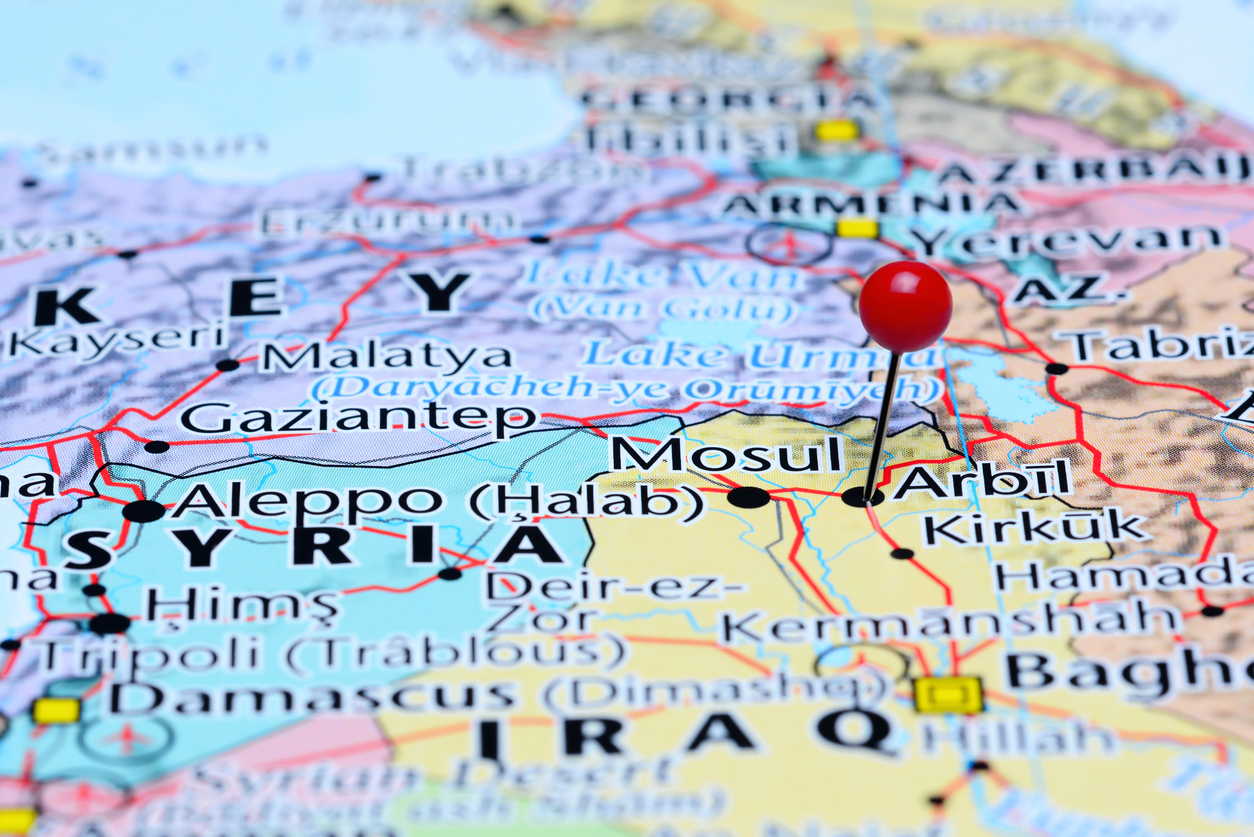
Kurdish language translation and interpreting service
Kurdish, a member of the Western Iranian branch of Indo-European languages, is the language of more than twenty million Kurds living in a vast unbroken territory across Iraq, Turkey, Iran, Syria, Lebanon, Armenia, Georgia, Kyrgyzstan, Azerbaijan, Kazakhstan and Afghanistan.
The distinction between language and dialect within this group is often unclear as there is not a widely-accepted system of categorisation. A common approach, however, to distinguish between the language and the dialects is to divide them into three groups:
Northern dialects, (Kurmanjî), spoken by the Kurds living in Turkey, Syria, ex-USSR countries and by some of the Kurds living in Iran and Iraq. This language is also spoken by 200,000 Kurdophones settled around Kabul, in Afghanistan. This is the biggest group, as regards the number of people who speak it.
Central dialects (Sorani) which include the Kurdish spoken in the north-east of Iraq, and the dialects of the neighbouring areas, beyond the Zagros, in Iranian Kurdistan.
Southern dialects (Pehlewan). Two other major branches are the Dim group also called “Zaza” and the Hewram group, also called Goran in some sources. These are further divided into scores of dialects and sub-dialects.
The lexical similarity between Kurmanjî and Sorani is high, but grammatical differences abound and mutually intelligibility is a problem, so when booking interpreters it is essential to know which dialect is required.
Alphabets
Kurds use three different alphabets for writing in Kurdish, so it is important to know which is needed for translation purposes .
In Iran and Iraq, Kurdish is written using a modified Arabic alphabet called Sorani. When written with the Arabic script, Arabic loan words retain their original spelling, though are often pronounced quite differently in Kurdish.
However, in Turkey and Syria, Kurdish is written using the Latin alphabets (either Yekgirtú or Latin Kurmanjî). Meanwhile, Kurds in the former Soviet Union use a modified Cyrillic alphabet.
There is currently some movement to standardise and unify the Kurdish language to one type of script.
Our Kurdish language translation and interpreting services include:
- Document translation
- Client interviews
- Court appearances
- Depositions
- Immigration interviews
- Prison visits
- Business meetings
- Client presentations
- Factory/site visits
- Hospital visits
- International trade fairs
